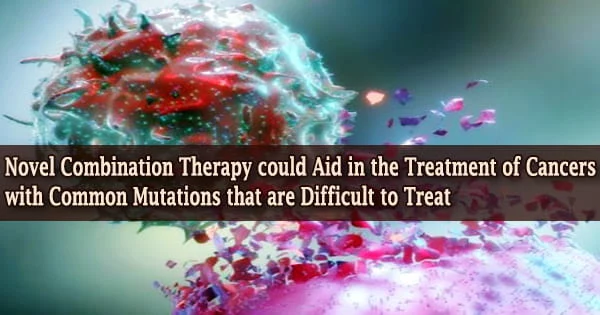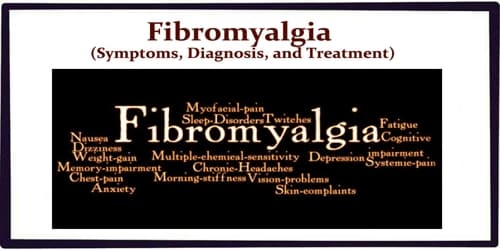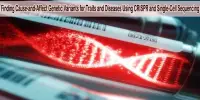Scientists have known for a long time that therapies that target the cancer-driving MAPK pathway are only effective in a small number of cancers with specific mutations in a cancer gene called BRAF and that these cancers that respond to the therapy initially often develop resistance to it, resulting in relapse for many patients.
Now, researchers at UCLA’s Jonsson Comprehensive Cancer Center have described a new combination therapy that inhibits the MAPK pathway by immobilizing cancer-causing proteins.
This combination of two small compounds has the potential to treat not just BRAF-mutated melanoma, but also other aggressive cancer subtypes such as melanoma, lung, pancreatic, and colon cancers that have mutations in RAS or NF1 genes.
A second-generation RAF inhibitor (type II RAFi) in combination with a standard MEK inhibitor (MEKi) could be effective in treating cancers with these mutations, according to a preclinical study published today in Cancer Discovery, a journal of the American Association for Cancer Research.
“The idea behind this study was to develop a combination treatment that helps people with common lethal cancers by eliciting durable anti-tumor responses,” said senior author Roger Lo, MD, Ph.D., a professor of medicine at the David Geffen School of Medicine at UCLA and member of the UCLA Jonsson Comprehensive Cancer Center.
“Right now, MEK inhibitors by themselves provide limited clinical benefits, and the current MAPK pathway-targeted, combination therapy can help only certain patients with cancers harboring specific BRAF mutations.”
Researchers used patient-derived models of melanoma, non-small cell lung cancer, pancreatic cancer, and colon cancer, as well as mouse tumors that mimicked these human diseases, to examine the efficiency of the experimental combination.
The researchers looked at how the combination of type II RAFi and MEKi affects the MAPK pathway inside cancer cells and the body’s cancer-fighting immunity or T-cells over time in order to reduce drug-resistant clones and achieve a long-term response.
It is quite remarkable that two drugs were able to bind to each of two proteins and sequester them from further propagating signals inside the cancer cells.
Gatien Moriceau
Two distinct mechanisms in the next-generation combo reduce drug-resistant clones. First, the two tiny compounds form an unusually tight combination with RAF and MEK proteins in the MAPK signaling pathway.
In order to fire off growth-promoting signals, molecules in this route normally touch and go. The medications can efficiently and long-term block the MAPK pathway by keeping these molecules bound together.
“It is quite remarkable that two drugs were able to bind to each of two proteins and sequester them from further propagating signals inside the cancer cells,” said co-senior author Gatien Moriceau, Ph.D., assistant adjunct professor at the David Geffen School of Medicine at UCLA.
Second, when paired with a MAPK-targeted therapy, the combination reduced killer T-cell attrition inside the tumor and boosted T-cell clonal expansion, which is a key immunological mechanism that will allow immunotherapies like anti-PD-1/L1 to efficiently fight cancers.
“The combination unexpectedly preserves killer T-cells inside the tumors, which allows them to hunt down drug-resistant tumor clones,” said Moriceau. “This favorable impact on T-cells paves the way to combine MAPK-targeted therapies with anti-PD-1/L1 immune checkpoint therapy.”
In clinical trials, the combination of type II RAFi and MEKi is being investigated in melanoma and other solid tumors such as non-small cell lung cancer.
The National Institutes of Health, the Melanoma Research Alliance, and the V Foundation for Cancer Research all contributed to the research.
















